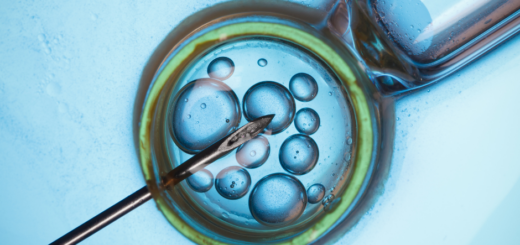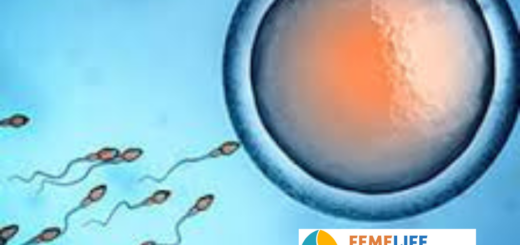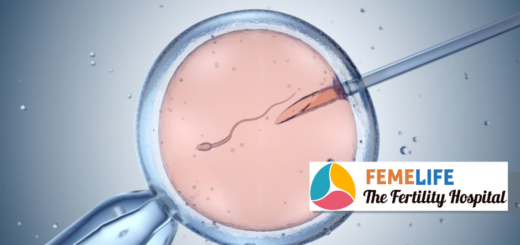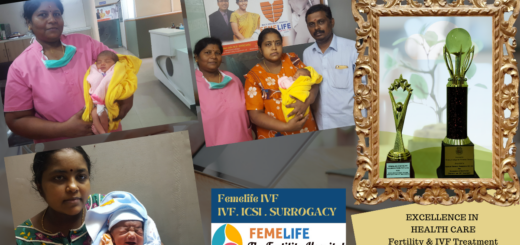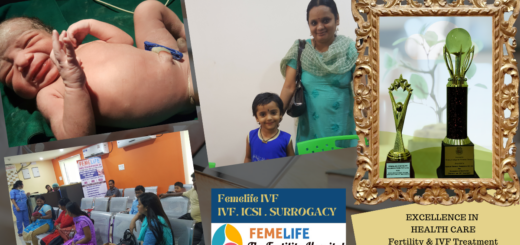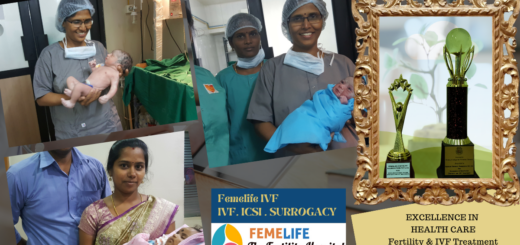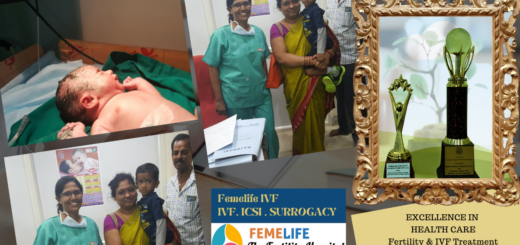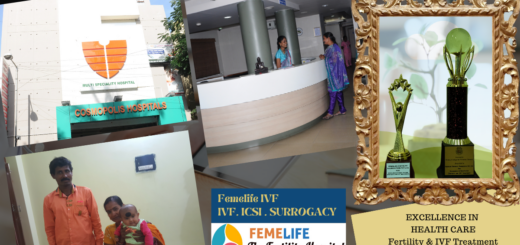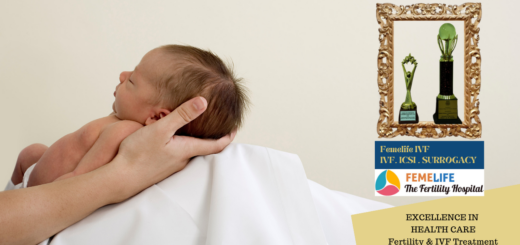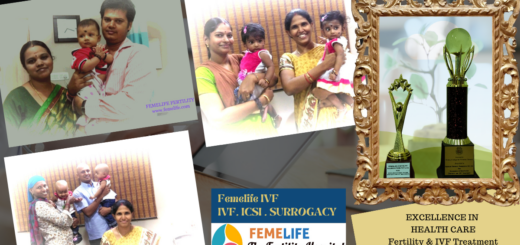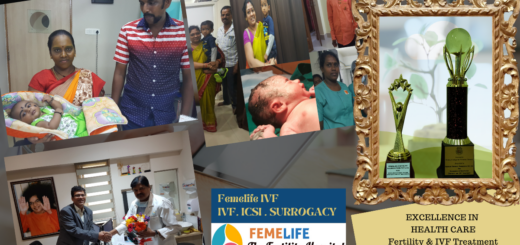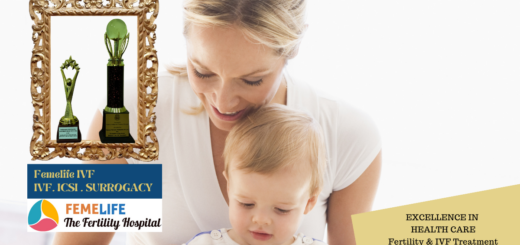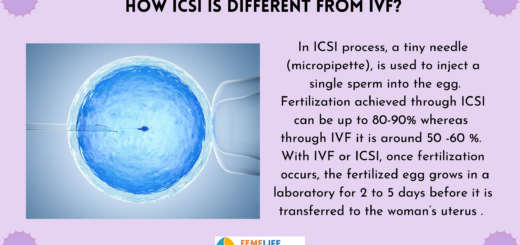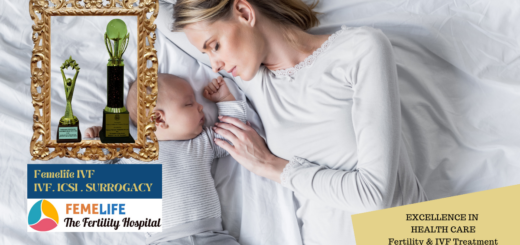Endometriosis Laparoscopic Surgery: Benefits Fertility
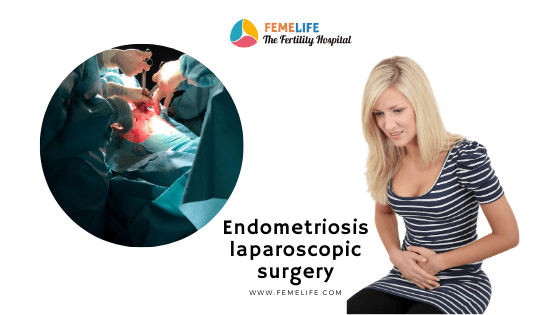
Endometriosis surgery and Fertility

The term endometriosis gets its name from the inner layer of the uterus called the endometrium. The endometrium is a layer covering the inner aspect of the uterus to support the process of implantation of the fertilized egg if the conception happens. If conception doesn’t happen during a given month, then your body will shed the endometrium and a menstrual period will occur. Sometimes, this endometrial tissue travels out the top of the fallopian tube and into the abdomen and it might attach its tissue to the other organs.
Consequently. the hormones stimulate this extra tissue to grow and later shed a bit like the tissue within the uterus. However, this bleeding and tissue shedding has no route to exit the body. As a result, this causes inflammation and irritation of local tissue. This inflammation leads to severe pain that patients often presents to the doctor in endometriosis. Endometriosis surgery helps in such a situation to preserve fertility.
Symptoms of Endometriosis
The chief complaint of a patient with endometriosis is severe lower abdominal pain. It causes discomfort before and through the menses. At times women can have painful sexual intercourse. Also, it may progress to cause painful urination. It can cause altered bowel movements especially at the time of breakthrough bleeding. Moreover, it can lead to infertility because endometriosis causes severe inflammation of the tissues. Moreover, damage to fallopian tubes and ovaries contribute to fertility problems. As many as 15 to twenty percent of girls with endometriosis will present with no symptoms. Some women with endometriosis can also produce other immune disorders like asthma, eczema, and fibromyalgia. In most cases of endometriosis, the outward presentation of disease lags behind the actual severity of the disease. Some women, for instance, have mild endometriosis and severe symptoms, while others have severe endometriosis and no symptoms.
Impact of Endometriosis on Fertility
As previously mentioned above, the inflammation caused has a huge impact on fertility. Inflammation of the fimbria, which picks the egg and transports it into the fallopian tube, can show swelling and scarring. Therefore, the egg might not reach its destination. Instead, it can even damage the egg due to the inflammatory mediators. In addition, the endometriosis when advances starts to cause adhesions. Therefore, the pelvic organs are stuck to each other, leading to dysfunction. Often these women have to undergo test tube baby process to conceive.
endometrioma
Endometriosis also can block the fallopian tubes. Unless the endometriosis has formed a cyst on the ovary called an endometrioma, which may be seen with a sonogram, your doctor can only make the diagnosis with laparoscopy. This minor surgery is done using a small scope to the which is attached with a visualizing camera. By making a small hole in the umbilicus and inserting through the abdominal cavity your organs can be seen by laparoscope. The big advantage of this procedure is the doctor can treat the inflamed tissues or abnormal tissues by using an electric knife or scissors in the same sitting.
Treatment of endometriosis
Endometriosis may be a condition where the endometrial tissue or inner lining of the uterus grows outside of the uterus. This abnormal growth can cause severe pain, heavy periods, and sometimes also can cause infertility. The extra tissue can cause scarring and swelling, creating a hostile environment for both eggs and sperm to survive. This tissue can destroy ovaries, cause adhesions tubal damage. Minimally invasive laparoscopy for infertility can help during a situation like this by cauterizing, lasering, or removing the lesions caused by endometriosis.
When to go for laparoscopy in endometriosis surgey?
- Need to avoid the very long diagnostic delays as symptoms do not always relate to the severity of this disease
- When the woman’s choice to have a definitive diagnosis of infertility investigations
- Diagnostic laparoscopic may show previously undetected features of endometriosis which can be operated at the same sitting
How does laparoscopy help in endometriosis?
Laparoscopy refers to the technique or method to access body cavities. It is a surgical procedure without making large cuts within the body. Laparoscopic surgery is a superb option for ladies who are his popular in recent times for many thoracic and abdominal operations. This method is additionally being utilized in an increasing number of other surgical procedures and medical conditions. One such medical condition is infertility, and laparoscopy plays an important role in several cases and conditions.
Removing sticky tissue
Scar tissue within the uterus is often a drag for ladies trying to conceive. The lysis of adhesions may be a procedure during which connective tissue within the uterus or outside the uterus within the abdomen is removed. This procedure is completed best with minimally invasive techniques like laparoscopic surgery or hysteroscopy. Completing laparoscopy helps reduce the danger of additional adhesions which will form after the resection. It’ll also help increase the probabilities of fertility within the future and stop any longer complications from uterine adhesions.
Removing the cysts from ovaries
A cystectomy may be a process that removes cysts from one or both of a woman’s ovaries. It’s a minimally invasive laparoscopy procedure. Ovarian cysts can disturb ovulation cause mechanical compressor to tubes. A doctor may suggest removing the cysts that are growing overlarge. In some cases, the doctor can also suggest an ultrasound-guided needle procedure to empty the cyst. Unlike other treatments, the minimally invasive endometriosis surgery may be a far better option because it requires only little incision, less pain, and removes cysts while keeping ovaries and surrounding muscles intact.
Laparoscopy and Surgery for endometriosis‐associated pain
- You must attend appropriate preoperative counselling before endometriosis surgery.
- You must go to an expert surgeon trained in laparoscopy in case of surgery for endometriosis‐related pain.
- Laparoscopy approach provides superior views of the pelvic organs. Also, you will feel less pain with shorter hospital stay. As a result, quick recovery and better belly scar is seen.
- Surgical procedures for endometriosis include removal of the damaged tissue or destruction by heat or laser. At times your doctor prefers full or partial removal of lumps from ovary or uterus.
- If you are suffering from infertility due to endometriosis your doctor will prefer minimal tissue removal. Conservative approach helps you to conceive naturally at times.
- If you have severe pain your surgeon may decide to destroy some nerves to relive pain. Laparoscopic uterosacral nerve ablation significantly improve dysmenorrhoea and reduce severe midline pain.
Surgery for endometrioma‐associated pain
- Endometrioma refers to blood-filled cysts in your ovary. Laparoscopic removal of ovarian endometriotic cyst walls for bigger cysts (≥3 cm) is the method of choice. It is better to remove than to drain its content and leave it as such. In this way, you avoid the reappearance of cysts.
- But at times surgeons prefer draining the cysts if you are planning a pregnancy in the future. In cases of infertility removing the cyst may damage the ovary and future egg production.
- You may have these endometriomas with deep infiltrating endometriosis (DIE). In these cases, you should opt for endometriosis surgery at a higher specialty fertility center.
Laparoscopic Surgery for deep infiltrating endometriosis (DIE)‐associated pain
- Deep endometriotic lesions involve the support system of the uterus or pelvic walls. It can invade other organs like vagina, bowel, bladder, or ureter.
- Bowel endometriosis usually affects the rectosigmoid colon. If so, it causes symptoms such as bowel cramping, diarrhea, or painful passing of stools. Treating this kind of endometriosis is difficult and challenging.
- In many instances, deep lesions may be inoperable. Your surgeon may decide to leave them as such to avoid severe complications and injury. In this case, you may have to take medicines to suppress pain and other symptoms. Although this is not curative but prevents disease progression. However, discontinuing medical treatment commonly results in the recurrence of symptoms.
- If your bladder has endometriosis removal of the lesion and closure of the bladder wall is an option. Extension to ureter needs excision and stenting.
Removal of uterus in endometriosis
- Hysterectomy with bilateral salpingo‐oophorectomy – for women with severe symptoms.
- Your doctor may advise this treatment after childbearing, subsequent to failure of all medical therapies.
- The success of this approach is due to surgical menopause
- If ovaries are left out at the surgery this may cause pain in future.
- Hysterectomy is also a treatment for idiopathic dysmenorrhea and adenomyosis in fertile women.
Pregnancy and Endometriosis
Fortunately, pregnancy actually improves endometriosis. It happens so due to the release of huge amounts of various hormones during pregnancy. As a result it helps us in recovering from endometriosis. When the endometriosis is so severe that conception doesn’t happen, then a laparoscopy is important. After surgery, the simplest chances of conceiving are during the primary few months following the procedure. After child birth, your doctor can take steps to stop the endometriosis from reoccurring. Breast feeding slows the expansion of endometriosis as do contraception pills. Once a patient finishes nursing, we recommend starting contraception pills until she wants to conceive again. This plan will offer the simplest chances for conceiving without having to endure laparoscopy again or the other infertility treatment.
Endometriosis helpline
If you are suffering from endometriosis call for help +919941551661
If you wish to have details in any other language you can write to us – fertility@femelife.com or call +919941551661.

